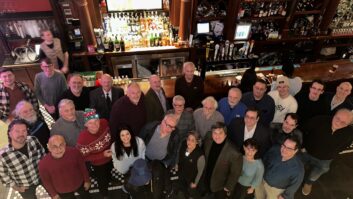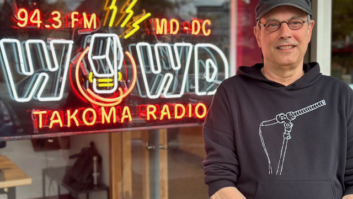Competition is tight in the nation’s third-largest DMA as evidenced by the slate of back-and-forth petitions that were being sent around a potential new LPFM station in Chicago.
Ultimately, the Federal Communications Commission ruled against an applicant who lost out in an early application round and then tried to claim ongoing interests in two different versions of the same application.
In 2014, three companies, including Sound of Hope Radio, Urbanmedia One and Morton College, filed mutually exclusive applications for LPFM construction permits. After review by the commission, received equal points. This was for an application for a construction permit for a new LPFM WJPC. Later that year, the commission granted the applications of Urbanmedia and Morton after those two aggregated their points under a timesharing agreement. Sound of Hope’s application was then dismissed.
Sound of Hope appealed to the commission and asked for its application to be reinstated by pointing out that it would amend its application and use a different transmitter site — one that was not in conflict with the Urbanmedia and Morton technical proposals.
Soon after, Sound of Hope petitioned for reconsideration of the Urbanmedia grant (but not Morton) because it said Urbanmedia had not negotiated timesharing in good faith. Urbanmedia was unqualified, Sound of Hope said, because it had engaged in unauthorized pirate broadcasting.
Sound of Hope then attempted a switcheroo when it asked to withdraw its pending transmitter amendment in favor of the original proposal — and would now try to negotiate a new timesharing arrangement with Morton, the FCC said. In the meantime, the bureau accepted the Sound of Hope’s amended and granted its new singleton application.
Yet Sound of Hope continued to prosecute its petition against Urbanmedia.
In the end, both the Media Bureau and the commission dismissed several of Sound of Hope’s filings against Urbanmedia. According to the Media Bureau, not only did Sound of Hope not demonstrate it was aggrieved by grant of the Urbanmedia application, but lacked standing to challenge the grant of Urbanmedia’s application in the first place. In addition, Sound of Hope also raised a faulty argument when it assumed that if the commission denied Urbanmedia’s application, somehow Sound of Hope would have secured a timesharing agreement between another permittee.
The FCC pointed out that SOH now attempts to claim ongoing interests in two different versions of the same application.
“Any interest that SOH had in its original proposal ended when it amended its application, specified a different transmitter site, and thereby eliminated the mutual exclusivity between its application and that of Morton and Urbanmedia,” the commission said.
As a result, the commission dismissed Sound of Hope’s Petition for Reconsideration.











